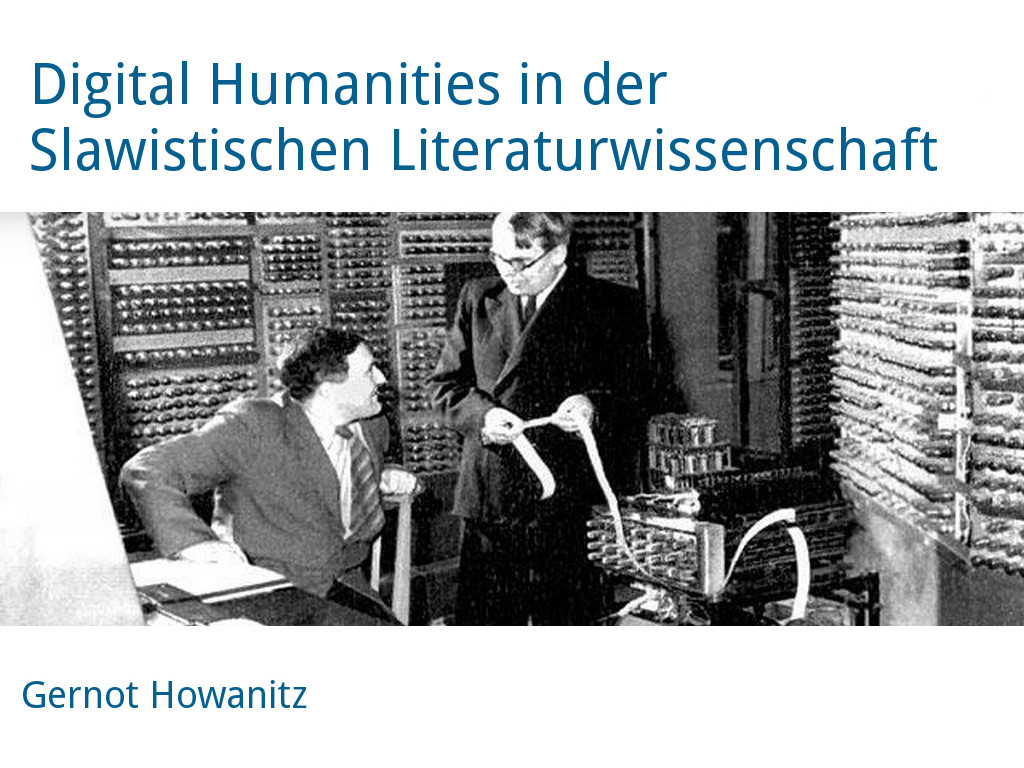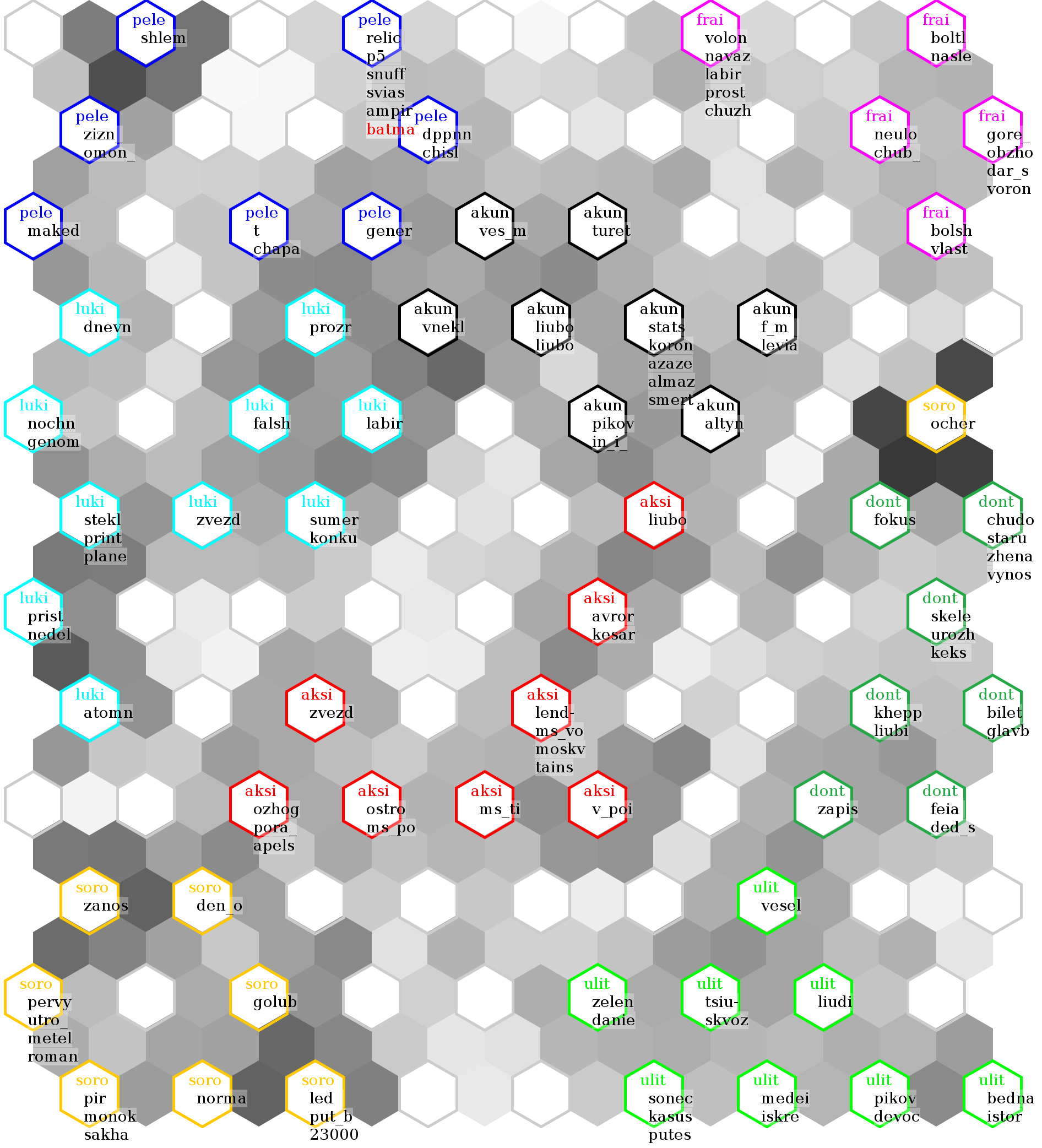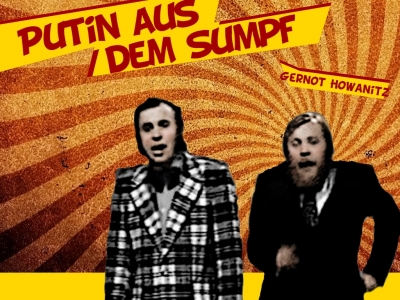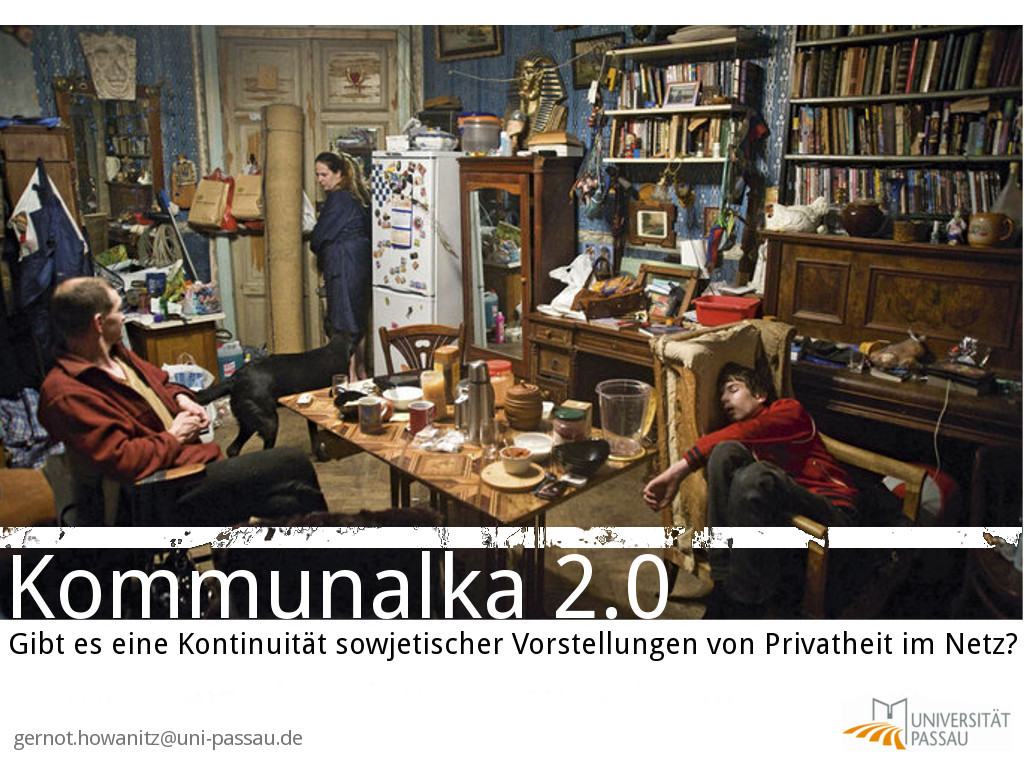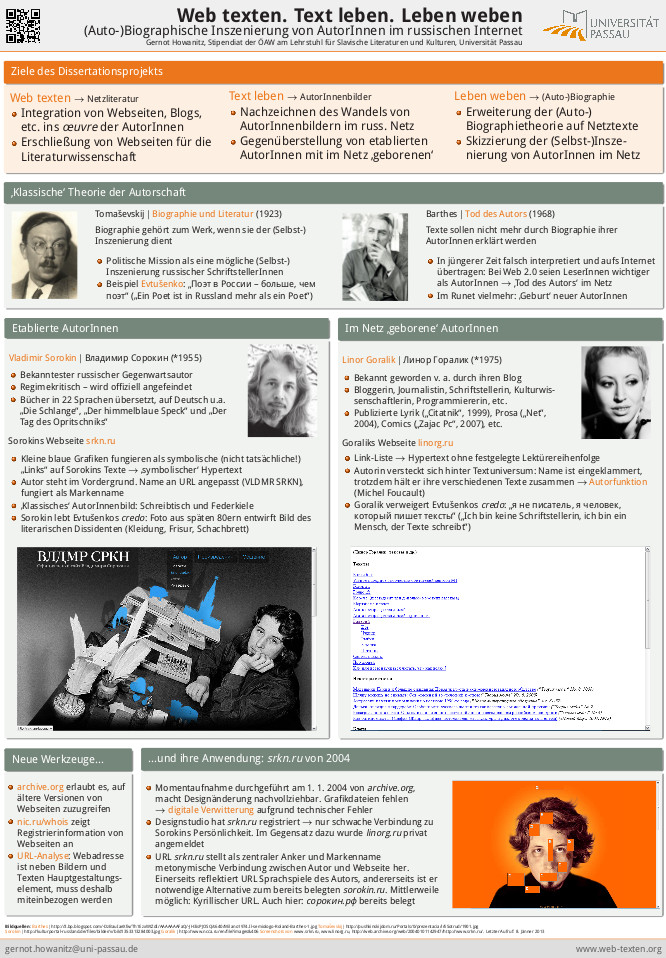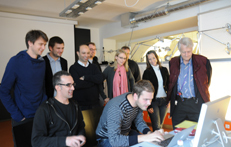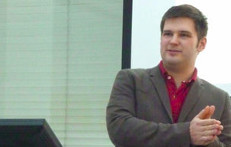The relationship between Poland and Russia has been full of conflicts for centuries. Starting with the three Polish partitions, these problematic relations include also the Polish-Soviet war and the domination of the Soviet Union in the People’s Republic of Poland (Polska Rzeczpospolita Ludowa, PRL). All these conflicts were reflected medially, for example in Jan Kochanowski’s Trip to Moscow (Jedza do Moskwy, 1583), or, more recently, in Andrzej Wajda’s Katyń (2007).
In one of the most successful Polish computer games of all times, Gorky 17, this old antagonism of Poland vs Russia is renewed. Gorky 17 is a fictitious Soviet research facility located in the PRL, which tries to create a Soviet Übermensch. After the collapse of the Soviet Union Russian general Kozov continues these experiments to a tragic outcome: Loads of zombies begin to terrorize Poland. A NATO task force controlled by the player has to regain control over the mutant-infested premises of Gorky 17.
As regards the translation of ‘the Russian’, several consequences can be formulated. First of all, the alien Soviet force invading the PRL is represented in form of General Kozov. Secondly, the post-Socialist antagonism NATO vs Russia is reflected. Thirdly, the Soviet mutants as evil specters from the past can be read as examples for strategies to deal with the Soviet trauma (cf. Alexander Etkind’s notion of “magical historicism”). Finally, also a Russian translation of the game exists, where good Russians fight bad Russians – all traces of Poland have been removed. Thus, I want also to focus on this diametrically opposed direction of the translation process.
Slides are available here:


